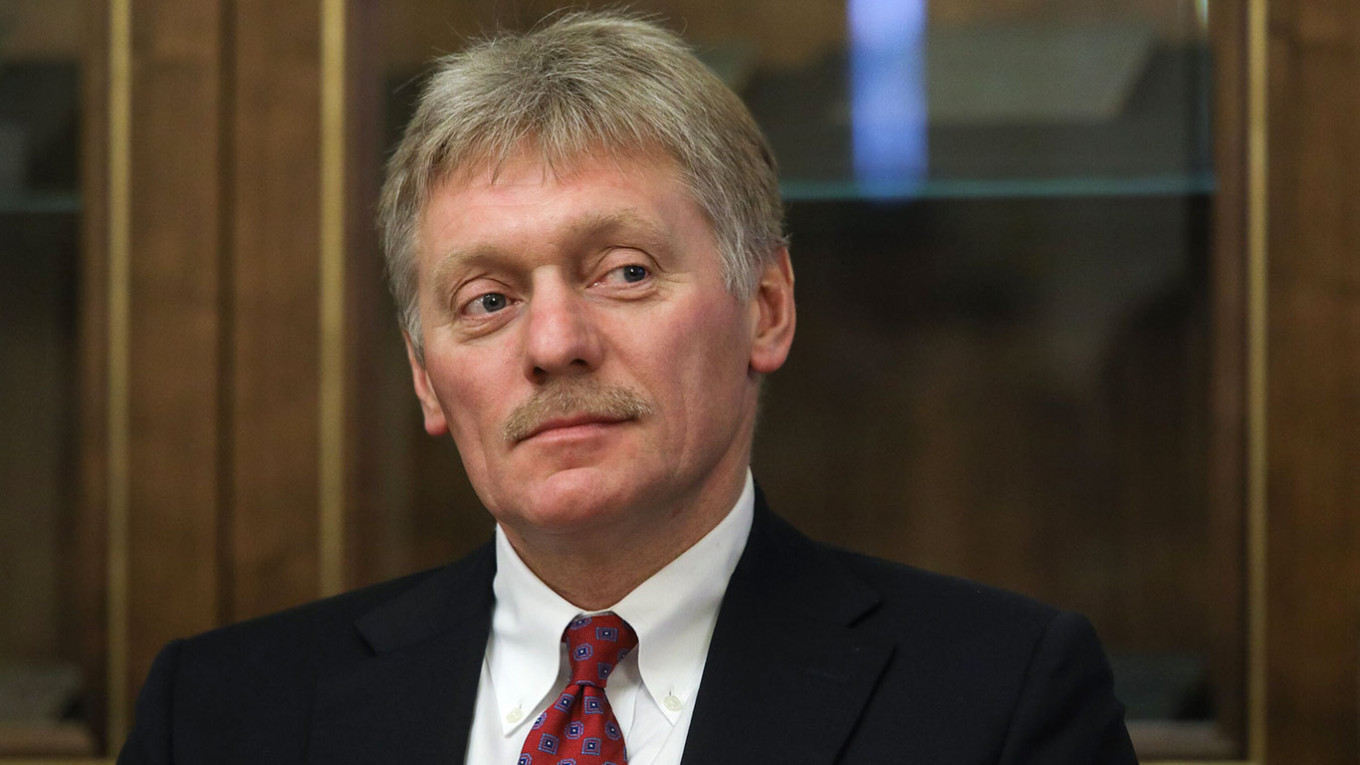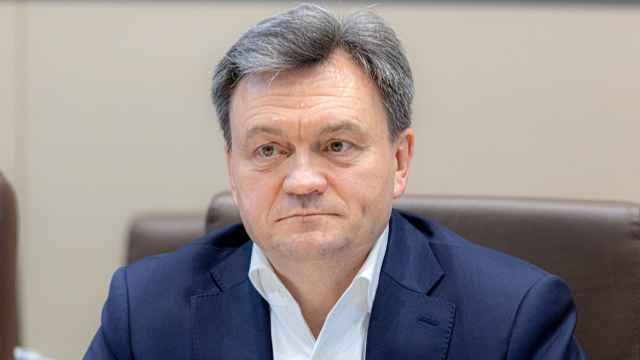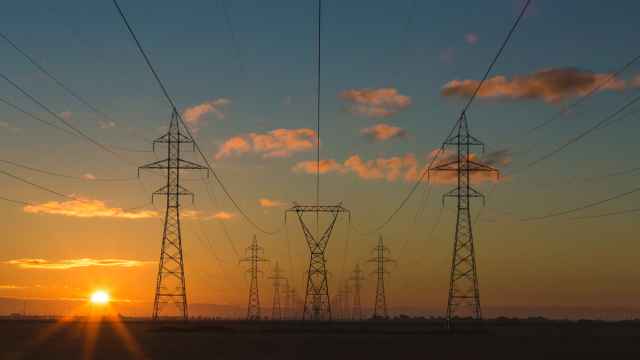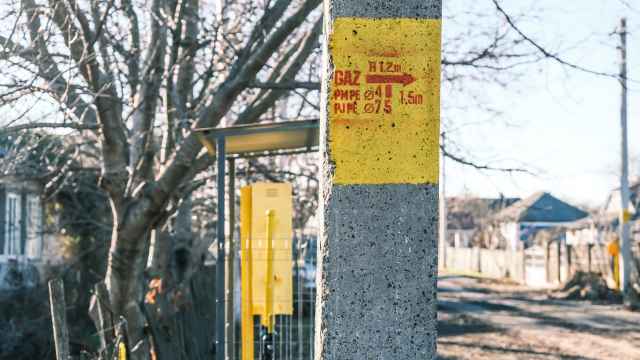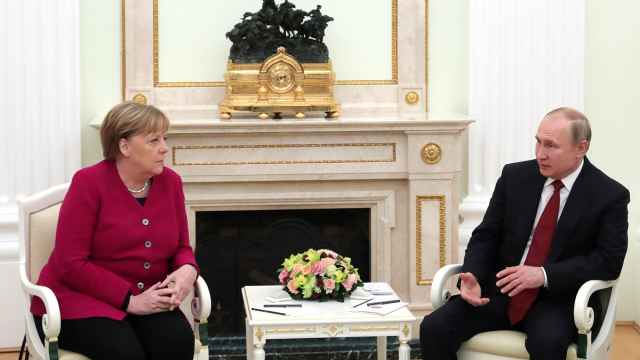The Kremlin on Tuesday endorsed former German Chancellor Angela Merkel’s recent claim that Poland and the Baltic states had thwarted efforts to hold EU-Russia talks before the full-scale invasion of Ukraine in 2022.
“On many foreign policy issues, the EU and Brussels are obviously held hostage by the Baltic states and Warsaw’s rabid policies,” Kremlin spokesman Dmitry Peskov told reporters. “One can imagine that Mrs. Merkel is indeed right in this regard.”
In an interview published by the Hungarian news outlet Partizán last Friday, Merkel said that Poland and the three Baltic states had scuttled a proposal she and French President Emmanuel Macron made in June 2021 to resume dialogue with Russian President Vladimir Putin — an initiative she suggested might have helped prevent the war.
“They feared we wouldn’t be able to develop a common policy toward Russia,” Merkel told Partizán, adding that a lack of unity within the European Union ultimately led to the proposal being shelved.
Merkel left office after four terms in December 2021, two months before Putin ordered the full-scale invasion of Ukraine.
Her comments to Partizán sparked sharp condemnation across Eastern Europe.
Former Latvian Prime Minister Krišjānis Kariņš accused Merkel of misjudging Russia “then and now,” while Estonian Foreign Minister Margus Tsahkna insisted that “Russia alone is to blame” for the conflict.
In Poland, former Prime Minister Mateusz Morawiecki called Merkel “an open lobbyist for Putin” and “one of the most harmful German politicians of this century,” accusing her of enabling Europe’s dependence on Russian energy and emboldening the Kremlin.
Other Polish officials said Merkel’s remarks risked reinforcing Russian propaganda about the causes of the war.
The Kremlin has long accused Western leaders of failing to pressure Ukraine into fulfilling the terms of ceasefire agreements following the 2014 armed conflict against Russian-backed rebels. Moscow has used that argument in part to justify its 2022 invasion of Ukraine.
A Message from The Moscow Times:
Dear readers,
We are facing unprecedented challenges. Russia's Prosecutor General's Office has designated The Moscow Times as an "undesirable" organization, criminalizing our work and putting our staff at risk of prosecution. This follows our earlier unjust labeling as a "foreign agent."
These actions are direct attempts to silence independent journalism in Russia. The authorities claim our work "discredits the decisions of the Russian leadership." We see things differently: we strive to provide accurate, unbiased reporting on Russia.
We, the journalists of The Moscow Times, refuse to be silenced. But to continue our work, we need your help.
Your support, no matter how small, makes a world of difference. If you can, please support us monthly starting from just $2. It's quick to set up, and every contribution makes a significant impact.
By supporting The Moscow Times, you're defending open, independent journalism in the face of repression. Thank you for standing with us.
Remind me later.


